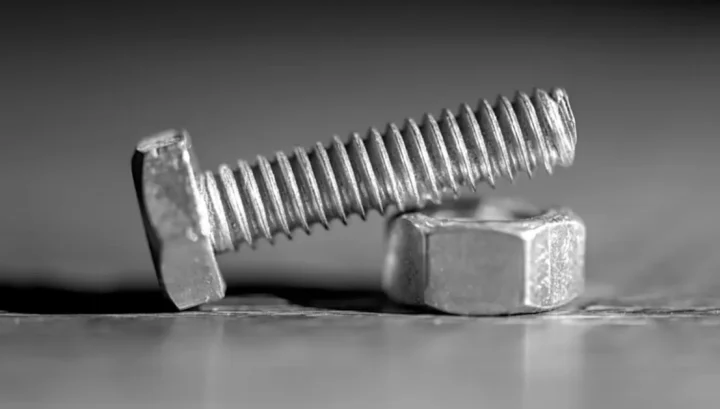What Are Metric Bolts and Their Common Uses?
Metric bolts are industry workhorses in the construction, automotive, and manufacturing sectors. You can use them in various projects by learning about their qualities, uses, and advantages. In this guide, we discuss metric bolts and take a deep dive into their common uses.

Understanding Metric Bolts
When we say metric bolts, we refer to fasteners measured using the metric system, i.e., millimeters. Durable metric bolts have standard dimensions worldwide, unlike their imperial counterparts, which are specified in inches. This makes them highly useful across many applications in manufacturing today.
Characteristics of Metric Bolts
Metric bolts of different sizes, materials, and thread patterns are available. The diameter, length, and thread pitch are essential for their versatility for specific applications. Different materials, including stainless steel and titanium, offer distinct advantages. For example, stainless steel has corrosion resistance, and titanium is strong and lightweight.
Common Uses in Construction
Metric bolts are used in construction for structural quality. They connect beams, columns, and other structures, providing stability and safety. They are suitable for high-pressure environments, such as buildings and bridges. Their standardized sizing and fit allow various components and systems to work well together.
Automotive Applications
Metric bolts are essential in automotive applications. They are critical for assembling engines, transmissions, and other components. Precision and durability are of the utmost importance in automotive applications, and metric bolts offer both. They guarantee a perfect fit of the components, providing less wear and tear and better vehicle performance.
Manufacturing and Machinery
In manufacturing, there is a constant need for secure and accurate fastening solutions for machines. Manufacturing needs strong metric bolts to ensure stability and reliability. Their applications go from simple machinery to complex industrial systems.
They can be used in a wide range of applications, helping to make production processes smoother. Companies can benefit significantly from using metric bolts of various sizes and materials based on specific requirements.
Household and DIY Projects
Metric bolts are not just for industrial use. They are also used for household projects and DIY jobs. They are a good go-to for assembling furniture or installing fixtures. They are readily available over the counter at hardware stores for home use, meeting almost everybody’s needs.
Selecting the Right Metric Bolt
You must consider certain factors when choosing the right metric bolt. Define the specifications, including material, size, and type of thread you need. Reading about specifications and understanding the load capacity might make your decision easier. This guarantees the selected option will perform effectively (and safely).
Installation and Maintenance
Metric bolts need to be installed properly to perform well. Wrenches and torque devices are frequently employed to achieve the right tightness. Regular inspection is part of maintenance to keep them in good shape and functioning correctly. Lastly, if you see any sign of wear and tear or even physical damage, rectify the situation immediately to avoid further complications and potential failures.
Advantages of Metric Bolts
There are many advantages of using metric bolts, including global standardization. Everyone knows that engineering and manufacturing designs will cross borders when going multinational.
Metric bolts simplify international projects by standardization at the worldwide level. Various materials and sizes enable you to leverage the appropriate bolt for multiple applications! Their design increases strength and stability.
Environmental Considerations
Sustainability is vital to businesses today. Metric bolts and similar components made from recyclable materials promote sustainable practices. Choices such as stainless steel are durable and can be recycled multiple times. They are also in line with efforts to reduce waste and encourage sustainability.
Conclusion
Metric bolts are essential fastening solutions that offer versatility and reliability in various applications. Their uniform sizes and a wide selection of available materials allow for multiple uses.
By knowing their attributes and applications, people in different industries can enhance the productivity and quality of their projects. Metric bolts remain essential to modern engineering and design, from construction and automotive to manufacturing and home projects.


